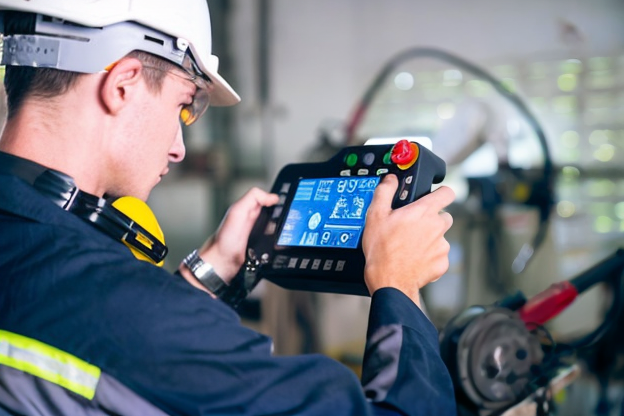The Revolutionary Advantages of Sheet Metal Processing in Automotive Manufacturing+ View more
This rapid production capability is primarily due to the advanced machinery used in sheet metal processing. Laser cutting machines, punch presses, and modern press brakes have replaced manual labor to a large extent, ensuring precision and consistency in each part produced. The reduced need for human intervention minimizes the risk of errors, leading to higher quality standards and lower production costs. Consequently, manufacturers can offer vehicles that not only meet but exceed consumer expectations in terms of performance and reliability.
Innovation and the Future of Sheet Metal Processing in Auto Manufacturing
The future of automotive production is synonymous with continuous innovation in sheet metal processing. The industry is witnessing a trend towards automation and the integration of artificial intelligence (AI) with traditional machinery. This symbiosis aims to further refine the production process by predicting and preventing potential defects before they occur. The data collected by AI systems enables predictive maintenance, ensuring machines function at optimal conditions with minimal downtime.
Moreover, as environmental concerns become more pressing, the automotive industry is investing in sustainable sheet metal processing methods. The use of recyclable materials and the development of energy-efficient machinery are becoming more prevalent. These eco-friendly practices not only reduce the environmental footprint of manufacturing processes but also resonate with the growing market segment of environmentally conscious consumers. Moreover, advancements in material science have introduced high-strength, lightweight metals that contribute to fuel efficiency and overall vehicle performance.
Driving Forward: The Impact of Sheet Metal Processing on the Competitive Landscape
Sheet metal processing has indubitably influenced the competitive dynamics within the automotive sector. It has leveled the playing field, allowing newcomers to challenge established players by adopting cutting-edge technologies. The ability to rapidly prototype and iterate designs empowers manufacturers to innovate and adapt swiftly to industry trends. This agility is crucial in an era where consumer preferences are continuously evolving, and the race to market is becoming increasingly fierce.
Additionally, the cost-effectiveness of sheet metal processing enables manufacturers to invest more in research and development, driving further advancements in automotive technology. As a result, consumers benefit from a broader range of options, enhanced features, and better overall value for their investment. Ultimately, sheet metal processing is not just a manufacturing technique but a strategic tool that shapes the very fabric of the automotive industry.

